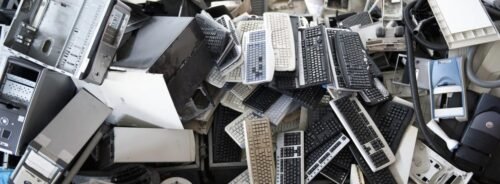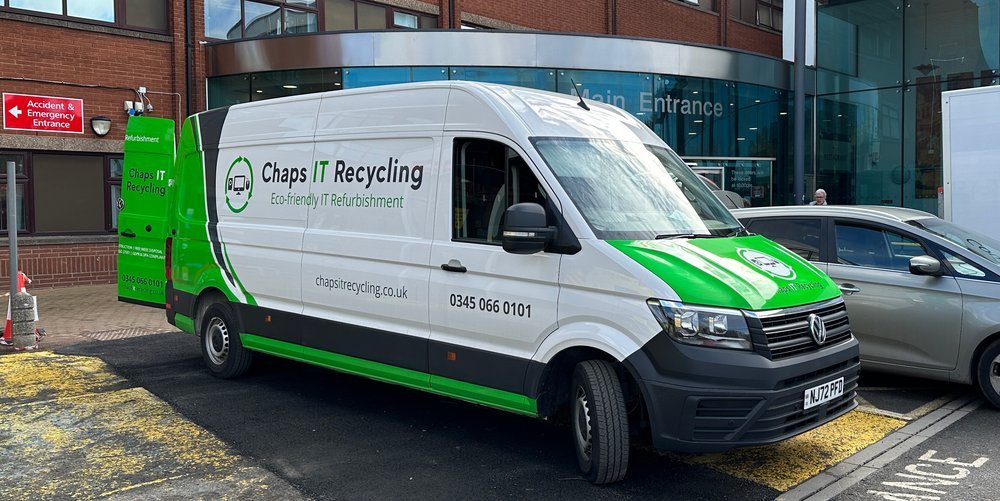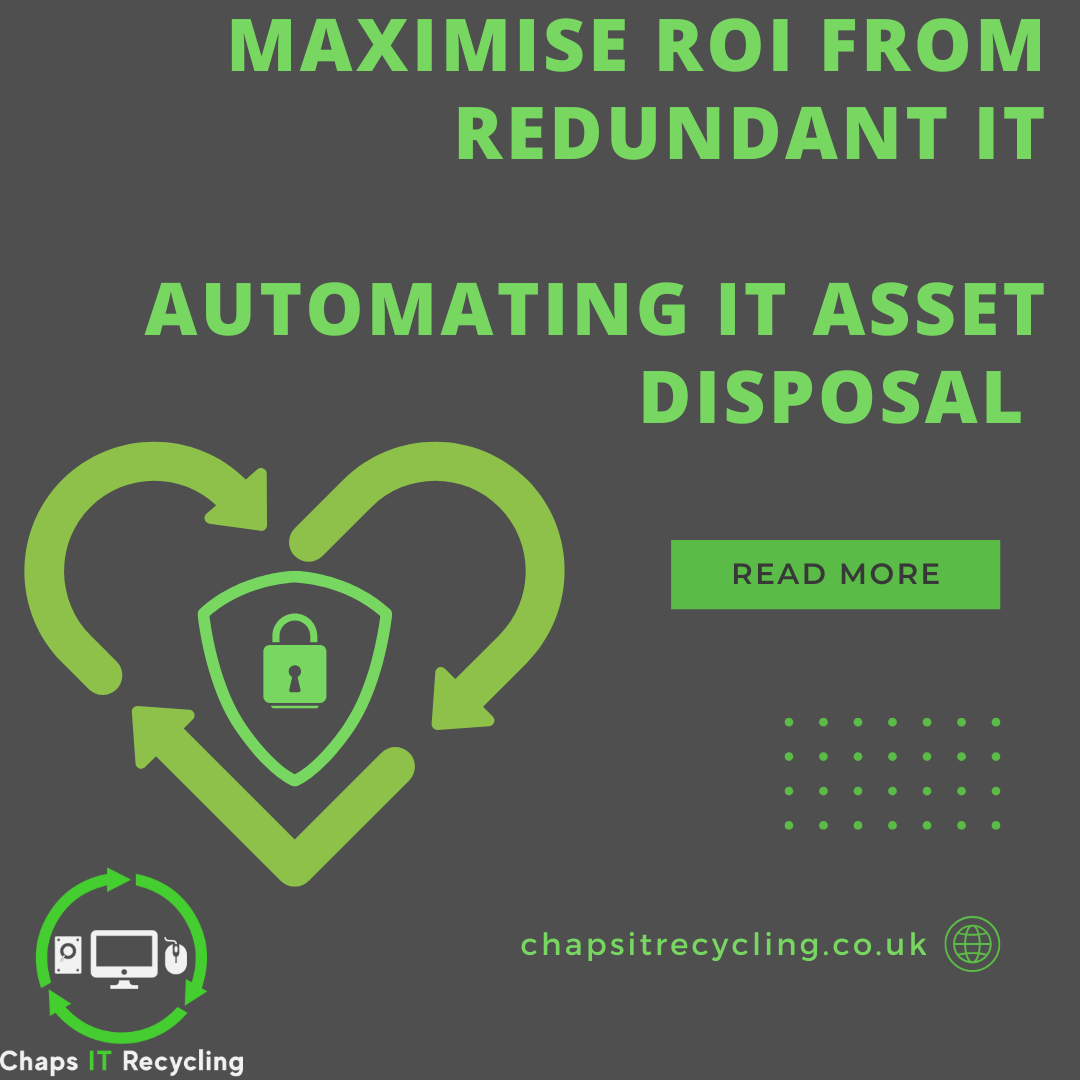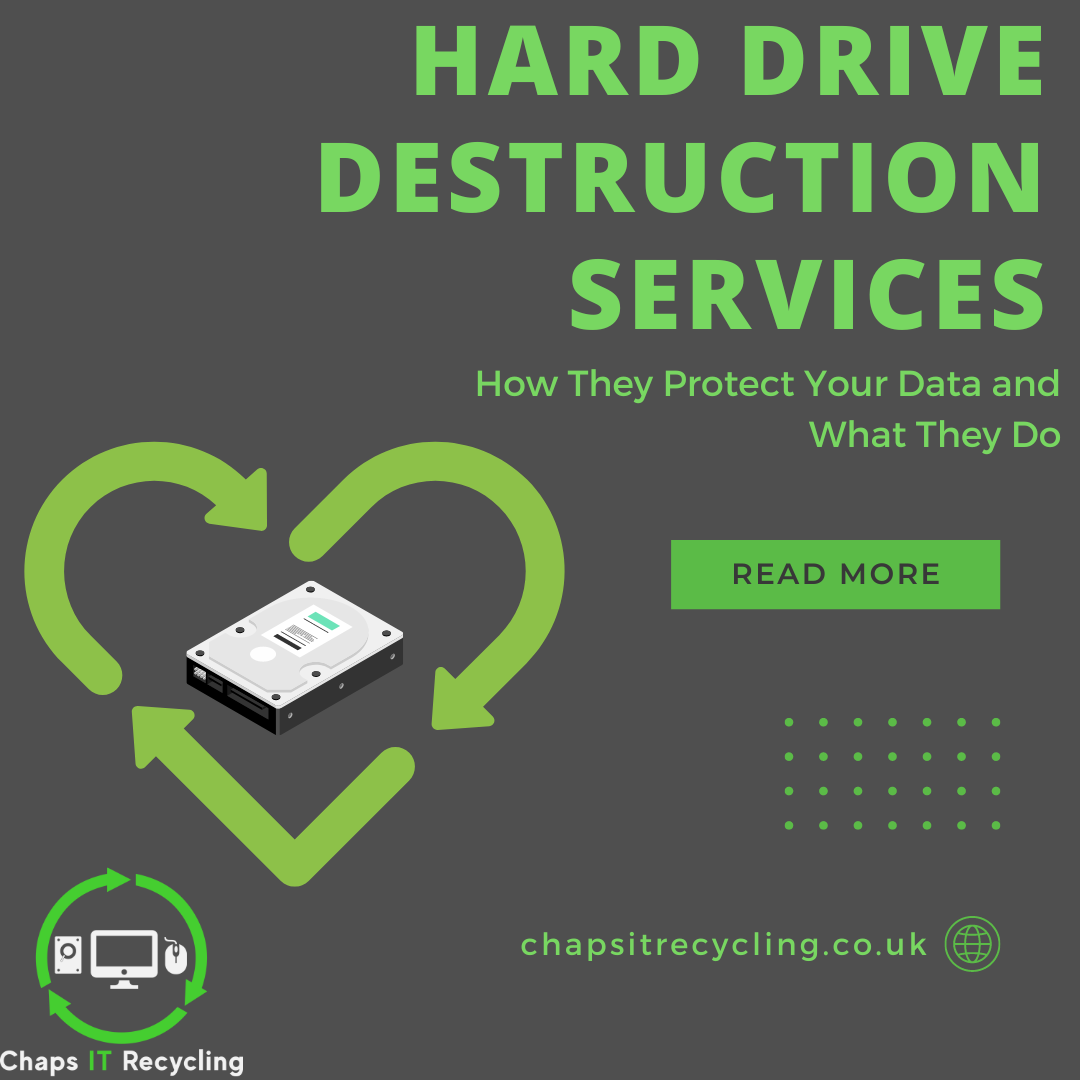Understanding Electronic Waste and its Impact
To effectively recycle electronic waste, it’s important to understand what it is and its impact on the environment. In this section, we will delve into the definition of electronic waste, explore the harmful consequences of improper disposal, and highlight the need for responsible e-waste recycling.
Electronic waste recycling refers to the process of properly disposing of unwanted or obsolete electronic devices. From smartphones and laptops to televisions and refrigerators, these items contain valuable resources, but also hazardous materials that can harm our environment if not handled correctly.
The improper disposal of electronic waste can have severe consequences for both human health and the environment. When electronic devices are dumped in landfills or incinerated, hazardous substances like lead, mercury, and cadmium can seep into the soil and contaminate water sources. This pollution not only harms wildlife but can also pose significant health risks to nearby communities.
It’s crucial that we prioritize responsible electronic waste management to mitigate these harmful effects. Through proper recycling and disposal, we can recover valuable materials like precious metals, glass, and plastic, reducing the need for new resource extraction and minimizing the environmental impact of manufacturing.

What is Electronic Waste?
Electronic waste, commonly known as e-waste, encompasses any discarded electronic device or equipment. This includes computers, mobile phones, televisions, refrigerators, and other household appliances. As technology continues to advance at a rapid pace, the volume of e-waste is growing exponentially.
When electronic devices reach the end of their life cycle or are replaced by newer models, they become e-waste. It’s estimated that e-waste is one of the fastest-growing waste streams globally, with millions of tons generated every year.


The Consequences of Improper Disposal
The improper disposal of electronic waste has significant environmental and health implications. Let’s take a closer look at the consequences:
- Soil and Water Pollution: When e-waste is not properly managed, toxic substances can leach into the soil and contaminate water sources. This pollution can have devastating effects on ecosystems and local communities.
- Air Pollution: Improper disposal methods, such as burning electronic devices or incinerating them in open fires, release toxic fumes into the air. These fumes can contain hazardous chemicals and contribute to air pollution.
- Health Risks: Exposure to the toxic substances found in e-waste can lead to serious health problems, including respiratory issues, neurological disorders, and organ damage. Vulnerable populations, such as waste workers and communities near disposal sites, are particularly at risk.
It’s clear that improper e-waste disposal poses a significant threat to our environment and human well-being. Therefore, it’s essential to prioritize responsible electronic waste recycling and management to minimize these negative impacts.
Understanding Electronic Waste and its Impact
Responsible e-waste recycling is crucial for several reasons:
- Environmental Protection: Properly recycling electronic waste helps prevent pollution, reduce resource consumption, and conserve energy. It contributes to the preservation of natural resources and protects ecosystems for future generations.
- Health and Safety: By recycling e-waste, we safeguard human health by minimizing exposure to hazardous materials. It’s critical to ensure the well-being of both workers involved in the recycling process and communities residing near e-waste facilities.
- Resource Recovery: Electronic devices contain valuable materials like gold, silver, copper, and rare earth elements. Recycling these devices allows for the recovery of these resources, reducing the need for new extraction and promoting a circular economy.
- Legal Obligations: In the UK we have the WEEE directive to enforce responsible e-waste recycling. Compliance with these regulations not only helps protect the environment but also ensures the proper management of potentially hazardous materials. GDPR and the DPA cover data bearing assets also. We have a another blog article “5 Easy Steps To Ensure Your Hard Drive Is Completely Wiped Before Giving IT away”
As individuals and businesses, we all have a role to play in responsible electronic waste recycling. By being aware of the impact of e-waste and making informed choices, we can collectively contribute to a sustainable future.
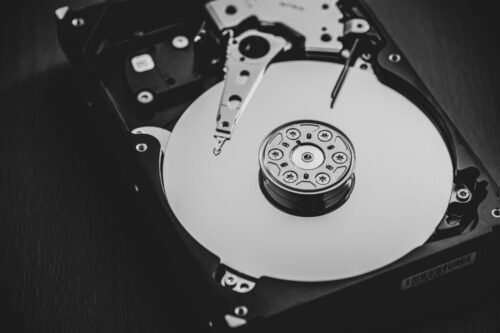
The Importance of Sustainable Tech Recycling
Sustainable tech recycling is vital for reducing the environmental impact of electronic waste. By disposing of electronics in an eco-friendly manner, we can ensure the responsible management of these devices and contribute to a greener future.
“Every year, millions of tons of electronic waste are generated worldwide, posing a significant threat to our planet. By embracing sustainable tech recycling, we can mitigate this threat and create a more sustainable future for all.”
By recycling electronics in an environmentally friendly way, we can prevent the release of hazardous materials and conserve resources. Sustainable tech recycling involves dismantling electronic devices, separating different components, and recycling or disposing of each component responsibly.
In addition to the environmental benefits, sustainable tech recycling also brings economic advantages. The recycling industry creates jobs and fosters economic growth, contributing to a more sustainable and resilient economy. By supporting eco-friendly electronics disposal, we can promote a circular economy where valuable materials are reused instead of wasted.

Available Electronic Recycling Services
When it comes to responsibly disposing of your tech products, there is a wide range of electronic recycling services and e-cycling solutions available to assist you. These services ensure that your electronic waste is appropriately handled and recycled, minimizing its impact on the environment. In this section, we will explore the different options you can choose from and provide guidance on finding the right electronic recycling service for your needs.
1. Local Electronic Recycling Centres
Many local communities have dedicated electronic recycling centres where you can drop off your old tech devices for proper disposal. These centers often accept a wide range of electronics, including computers, laptops, smartphones, and televisions. They have specialised equipment and processes in place to safely handle and recycle these items, ensuring that hazardous materials are kept out of landfills. At Chaps IT Recycling LTD we offer drop off solutions for domestic customers and businesses im most instances offering free recycling & disposal to organisations and the general public.
2. Manufacturer Take-Back Programs
Several electronic manufacturers offer take-back programs where you can return your outdated devices to them for recycling. These programs often allow you to drop off your devices at designated locations or ship them back using pre-paid mailing labels. By participating in these programs, you can be confident that your electronics are being recycled by professionals who understand the proper methods for handling and disposing of e-waste.
3. Retailer Recycling Programs
Many retailers now offer electronic recycling programs to their customers. These programs allow you to bring your old electronics to the store and drop them off for recycling. Some retailers even offer incentives such as discounts on new purchases or gift cards in exchange for recycling your devices with them. Taking advantage of these programs not only helps you dispose of your tech products responsibly but also contributes to a more circular economy.
4. Certified Electronics Recyclers
There are also certified electronics recyclers that specialize in handling e-waste. These recyclers have obtained certifications from recognised organisations that verify their adherence to environmentally sound practices. Working with a certified electronics recycler ensures that your tech products will be processed in a way that prioritises sustainability and minimises harm to both the environment and human health. Chaps IT Recycling LTD hold a permit exemption with the environmental agency, allowing us to legally refurbish and re-sell IT assets.
5. Mail-In Recycling Services
If you’re unable to find a local recycling centre or prefer the convenience of mailing in your old electronics, mail-in recycling services are a great option. These services usually provide you with packaging materials and prepaid shipping labels to send your devices to their facility. Once received, the service will responsibly recycle your electronics and provide you with proof of proper disposal. We offer this service and the form to complete can be found on the bottom of the following page by Clicking Here
Preparation for Electronic Waste Recycling & Protecting Personal information
Before recycling your electronic waste, it’s important to prepare it properly. Safely handling and storing your old tech devices is crucial for the success of the recycling process and ensuring the protection of your personal information. In the UK we have to adhere to the GDPR and Data protection regulations or face large fines from the ICO should a data breach occur.
As an IT Asset Disposal Company we specialise in the secure removal and destruction of data and sensitive information from a range of equipment. We have created multiple blog posts to help users out when recycling their old electronics and explain the importance of Secure Data Destruction.
- 5 Easy Steps to Ensure Your Hard Drive Is Completely Wiped Before Giving IT Away
- How to securely dispose of an SSD
- How to safely Get Rid of a Computer That No Longer Works
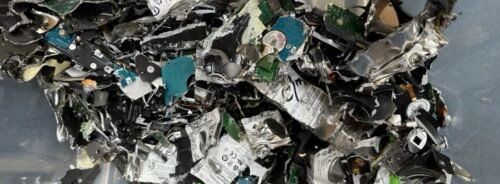
Recycling Process for Different Types of Electronics
When it comes to electronic waste recycling and e-waste disposal, it’s important to understand that not all electronics can be recycled in the same way. Different types of tech devices require specific recycling processes to ensure proper disposal. In this section, we will guide you through the recycling process for various electronic devices, including computers, mobile phones, printers, and more. We ensure all data is destroyed once we have your IT assets however the following can be used as a rough guideline.
Computers
Computers are complex electronic devices that contain a wide range of valuable materials and hazardous components. To recycle computers responsibly, consider the following steps:
- Backup your data: Before recycling your computer, make sure to back up all your important data to an external storage device or the cloud.
- Remove The data Media: Removing the hard drive or data media will ensure that your data is no longer obtainable. The device can also be factory reset however this needs to be done with caution as if the device has not been correctly and securely wiped the data still may be retreivable.
- Find an e-waste recycling facility: Locate a certified electronic waste recycling facility near you that accepts computers for recycling. These facilities have the expertise to handle computer recycling and ensure that all components are properly disposed of or reused.
- Donate or sell if possible: If your computer is still in good working condition, consider donating it to a local charity or selling it to someone who can make use of it.
Mobile Phones
Mobile phones are one of the most commonly discarded electronic devices. To recycle your old mobile phone responsibly, follow these steps:
- Remove SIM card and personal data: Before recycling your mobile phone, remove the SIM card and delete all personal data, including contacts, messages, and photos.
- Find a mobile phone recycling centre: Many mobile phone manufacturers and network providers offer recycling programs where you can drop off your old phone for proper recycling. Research and find a recycling program that works for you.
- Consider refurbishment: If your mobile phone is still functional, you may also consider refurbishing it and donating it to someone in need. We also may be able to pay for your device whilst providing a certificate of secure data destruction.
Donating or Reselling Electronics
When it comes to electronic waste recycling, there are alternatives to simply throwing away your old gadgets. Donating or reselling your electronics not only gives them a new lease on life but also contributes to responsible e-waste recycling practices. In this section, we will explore the benefits of donating or reselling electronics and provide tips on how to do it in an environmentally conscious way.
The Benefits of Donating Electronics
Donating your old electronics is a great way to extend their usability and help those in need. By giving your devices to individuals, schools, or organizations, you can make a positive impact on their lives while reducing electronic waste. Here are some key benefits of donating electronics:
- Supporting educational institutions: Your donated devices can provide valuable learning resources for students, helping bridge the digital divide and enhancing their educational experience.
- Assisting non-profit organisations: Many non-profit organisations rely on donated electronics to support their missions. Your old devices can be refurbished and used by these organisations to carry out their work effectively.
- Reducing landfill waste: By donating your electronics, you prevent them from ending up in landfills, where they can release harmful substances into the environment.
Tips for Responsible Donations
When donating your electronics, there are a few important considerations to ensure responsible e-waste recycling:
- Choose reputable donation centres or organisations: Look for established charities, non-profits, or recycling centres that have a track record of responsibly handling donated electronics.
- Wipe your data: Before donating any device, make sure to remove all your personal data to protect your privacy. Perform a factory reset or use data erasure software to securely delete your information.
- Include accessories and chargers: When donating electronics, try to provide any accompanying accessories, such as charging cables and adapters. This ensures the recipient can fully utilise the device.
- Ensure devices are in working condition: While some organisations can refurbish faulty devices, it’s best to donate electronics that are fully functional and in good working order.
Reselling Electronics Responsibly
If your electronics still have value and you’re looking to recoup some of your investment, reselling them can be a sustainable option. Here are some key tips for responsible electronic reselling:
- Choose reputable platforms: When selling your electronics, opt for trusted online marketplaces like eBay or dedicated platforms that specialize in refurbished tech to ensure a safe and secure transaction.
- Accurate product descriptions: Provide detailed and accurate information about the condition, specifications, and any cosmetic imperfections of the devices you’re selling, to help buyers make informed decisions.
- Competitive pricing: Research the market value of your electronics to ensure you’re setting a fair price. Consider factors such as age, condition, and included accessories.
- Sustainable packaging and shipping: When packaging and shipping the sold items, opt for eco-friendly materials and choose carbon-neutral shipping options if available.
By donating or reselling your electronics, you can contribute to electronic waste recycling efforts while benefiting others and potentially recouping some of your investment. The next section will focus on the importance of data security during the recycling process.

Promoting Electronics Repair and Reuse
In order to reduce electronic waste, promoting the repair and reuse of electronics is crucial. By extending the lifespan of our tech devices, we can significantly minimize the amount of e-waste generated. Not only does this benefit the environment, but it also allows us to save money and resources.
The Importance of Electronics Repair and Reuse
Electronic waste recycling aims to address the growing problem of e-waste, but repair and reuse offer a more sustainable solution. By repairing faulty electronics and finding new uses for them, we can reduce the need for manufacturing new devices, which saves energy and raw materials. Additionally, reusing electronics instead of disposing of them prematurely helps to conserve valuable resources.
“Repairing and reusing electronics can significantly reduce electronic waste.”
Resources and Tips for Extending the Lifespan of Tech Devices
To promote electronics repair and reuse, we can take advantage of various resources and implement simple tips to extend the lifespan of our tech devices:
- Online Repair Guides: Many manufacturers and independent websites provide step-by-step repair guides for popular electronics. Utilizing these resources can help us diagnose and fix common issues.
- Local Repair Shops: Supporting local repair shops not only encourages a sustainable economy but also provides professional assistance in repairing our electronics.
- Upgrading Components: Instead of replacing an entire device, upgrading individual components can enhance the performance and prolong the lifespan of our electronics.
- Proper Maintenance: Regularly cleaning and maintaining our tech devices can prevent damage and ensure optimal functionality.
- Donate or Sell: If we no longer have a use for our electronics, we can donate or sell them to others who can benefit from their continued use.
By following these resources and tips, we can actively contribute to reducing electronic waste and promote a more sustainable approach to technology consumption.
